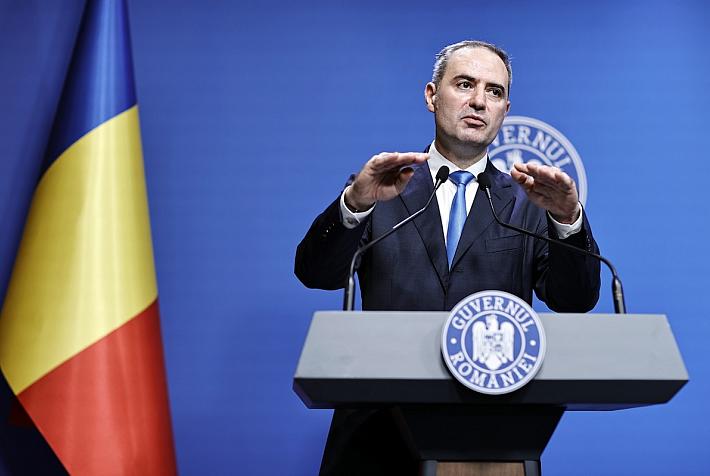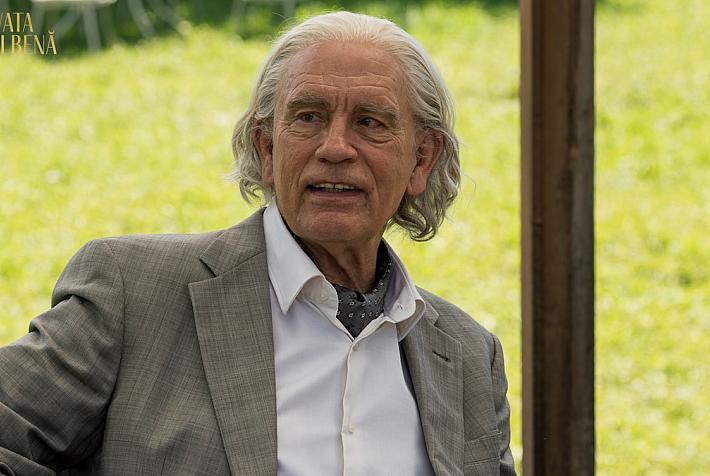Romania’s former PM criticizes Government’s plan to pardon prisoners

Romania’s former Prime Minister Dacian Ciolos criticized the new Government’s plan to pardon prisoners, saying that this approach is not in the best interest of citizens.
The Government was expected to decide on several important changes to the criminal laws during the Wednesday meeting, without any public consultation, and this determined President Klaus Iohannis attend the Government meeting and ask Prime Minister Grindeanu not to include such emergency ordinances on any cabinet meeting’s agenda without a transparent consultation.
Later the same day, the Ministry of Justice put up for public debate two emergency ordinances: one that establishes what categories of convicts will benefit from pardon, and another one that brings changes to the Penal Code.
Dacian Ciolos said in a Facebook message that the pardon/amnesty approach, regardless of the form or period in which it will be promoted, shows that the primary objective of the Government is not the well-being of citizens, as both the Social Democratic Party (PSD) and the Alliance of Liberals and Democrats (ALDE) said before the parliamentary elections, nor the public interest, the citizens, the economic environment, or Romania’s interest in a very difficult geostrategic context.
"The main objective was, and remains, to make themselves untouchable by the criminal law’s effects," Ciolos wrote in the Facebook post.
"Nothing else matters, no sacrifice is too great: the citizens who respect the law, the country, its credibility, Romania’s European status. All of them can be sacrificed overnight so that a few individuals can escape the law. Simple and cynical," Ciolos concluded.
Dacian Ciolos is not the only one who criticizes the Government’s recent decisions. Romania’s General Prosecutor, the president of the High Court of Cassation and Justice, and DNA’s chief prosecutor stated that there was no justification for adopting such measures.
General Prosecutor Augustin Lazar had the sharpest reaction to the Justice Ministry's emergency ordinance drafts, calling them ridiculous. "We don't agree with the emergency ordinance draft on pardoning. We need to consolidate the justice institutions. There is absolutely no rational justification to come with acts of clemency now, other than maybe some occult interest. I can't speculate right now, but such things always surface," Lazar said.
Some 3,000 people protested in Bucharest on Wednesday evening against the emergency ordinance on pardon and the new changes to the Penal Code. A few hundred people also took to the streets in other big cities. Similar protests are also to be organized on Sunday.
Justice minister Florin Iordache said that the emergency ordinance on pardon is aimed at solving the problem of overcrowded prisons in Romania. According to official data presented in the document, eight prisons in Romania have an occupancy rate of over 200%, and the average occupancy rate in local prisons is of some 150%.
Irina Popescu, irina.popescu@romania-insider.com











